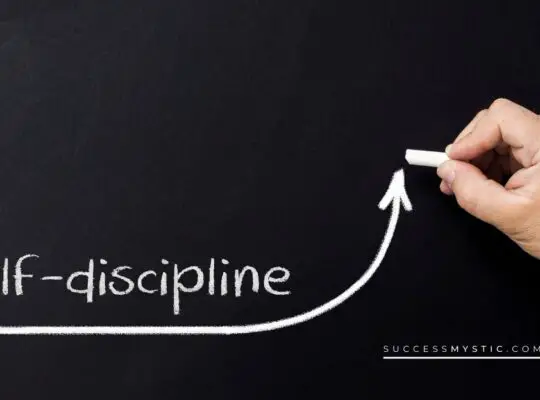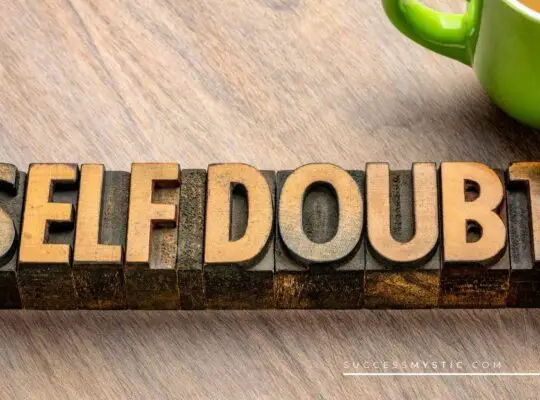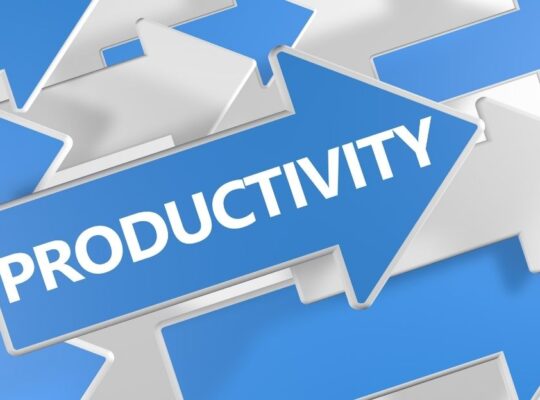The Concept of Failure
As a society one complexity that we battle with constantly is the concept of failure. We strive to avoid it. Work tirelessly to prevent it. But still, from time to time we miss the mark and call this miscalculation of aim the big ‘F’ word- Failure.
To fail is to prove that you are deficient to the point of being ineffective, unsuccessful, and not functioning properly. A failure is both the act of failing, and a person who fails. It’s the cessation of normal or optimal functioning. It’s a decline of strength and effectiveness, and most importantly, it’s the end phase.
It’s the ultimate let down when things don’t go right, and worst of all, it’s the end of a great effort. Wasted, lost, never to be retrieved, effort is made in vain when we fail.
That’s a very depressing way of looking at it. Furthermore- It’s the wrong way of looking at failure.
As a society we’re taught from a young age that failure is a bad thing and it’s to be avoided at all costs. Even when those costs take a great toll on our physical and psychological well-being, we happily pay them just to avoid hearing or being faced with the big ‘F.’
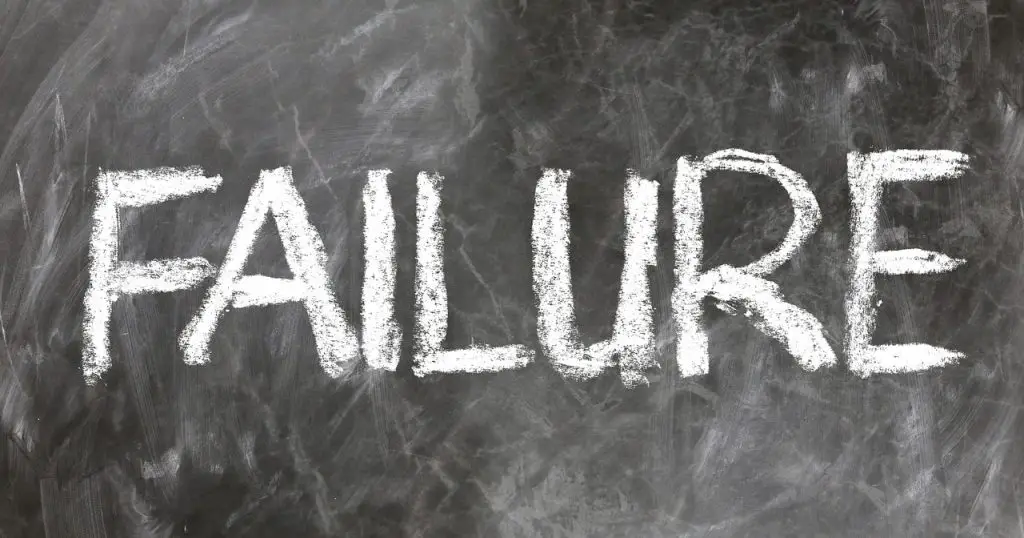
Failure has become so taboo that in recent years a movement has taken form where teachers, coaches, and parents are giving-or are encouraged to give-participation trophies to all participants in any given athletic or educational event rather than trophies to placed and deserving participants. This is done in an attempt to boost self-esteem. While many people see this as a positive thing to do, and in many ways, it is, it also builds a false sense of self-esteem: But worse than that, it teaches children that failure is a bad thing.
This lesson is translated in many ways to adults today who, when confronted with failure, don’t know how to move on. We’ve forgotten that failure is, in fact, not a complete testament to our abilities, intelligence, nor future potential, but then again… It may in actual fact be just that.
As a species failure is actually our greatest strength. Failure is how we’ve evolved to the intelligent and sentient beings we are today. Charles Darwin’s’ work, On the Origin of Species published in 1859, is one of the most well-known pieces of work today. From that work, he is attributed with positing the Survival of the Fittest theory and mentality. Unfortunately for many poor souls, this concept is widely misconstrued.
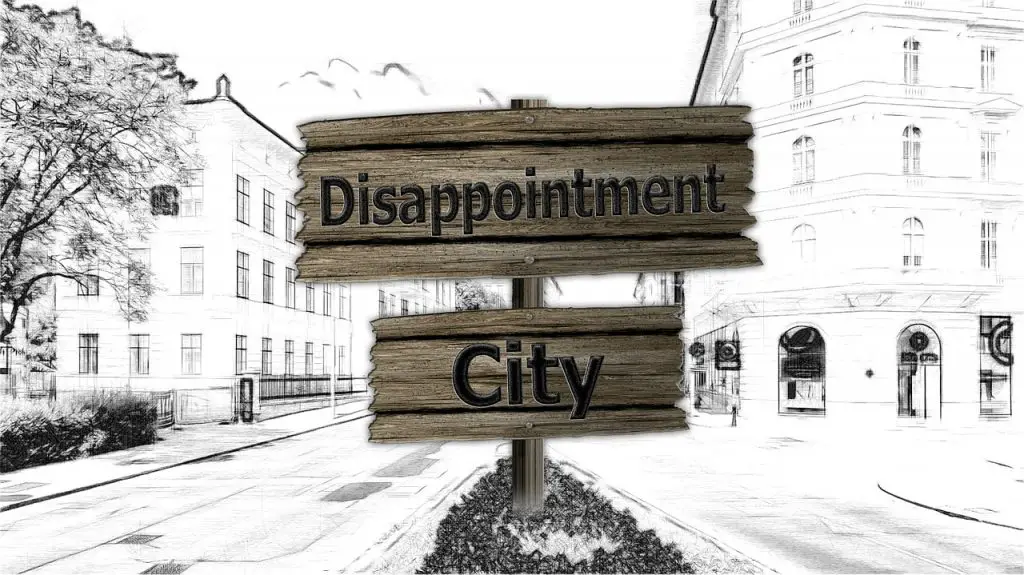
Many people see the fitness of our survival based in our strength, intelligence, or sentience. The “fittest” are those people who are always successful, and who never fail. Those who are the fittest are the ones that can take on a task with confidence, a bright white smile, superman pose, and make a landfill smell like a pile of rose.
What we often fail to see when we look at the high-profile success stories that we model ourselves after is the fact that their successes would never have been possible without their failures. Failure is a testament to our intelligence, resilience, confidence, and future potential in that the relationship we have with failure will dictate whether we use it or get beat down by it.
What Charles Darwin said was: “It is not the strongest of the species that survives, not the most intelligent that survives. It is the one that is most adaptable to change.” (Darwin, 1859)
How Change Occurs
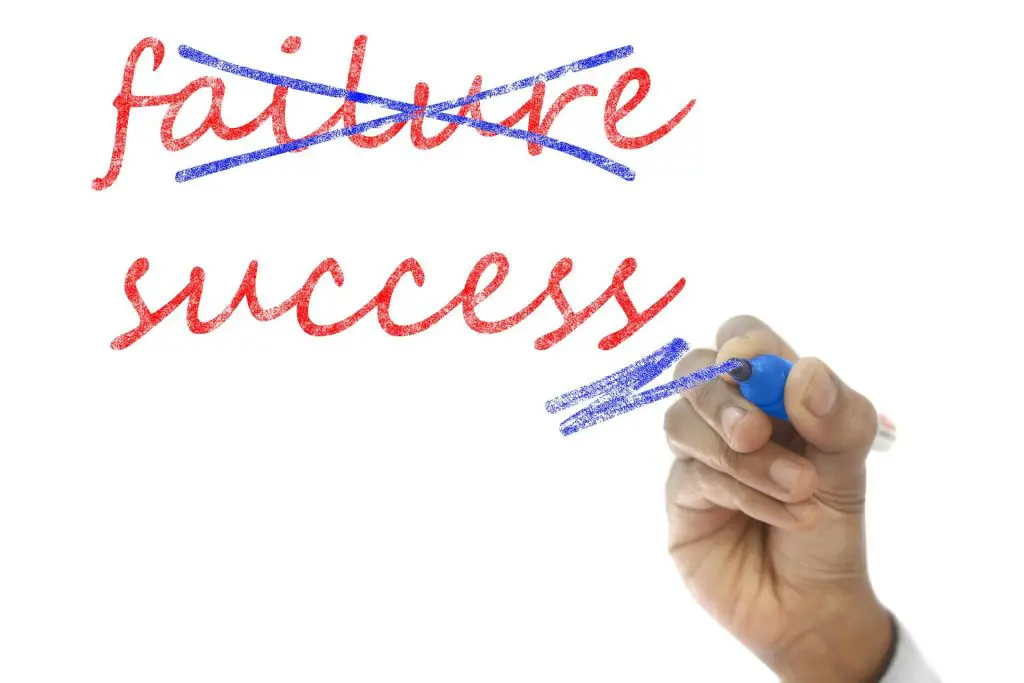
When was the last time you did something without motivation?
Motivation occurs when any of our needs are disrupted or withheld from us. In Maslow’s Hierarchy of Needs, our basest needs revolve around survival.
There is still a lot we don’t know about early man, but development and evolution had to come about somehow. First, we learned to walk, then we learned to hunt, make fire, fashion wheels, plow fields, plant crops, domesticate animals, and come together as larger communities. None of this happened overnight. It all happened over a very long period of time.
When hunting, even today, the older more experienced hunter teaches the younger generations what to do, what tools to use, and what techniques work best. Learning is a process, and it’s one that requires failure. Failure is nature’s greatest motivator because when people who lived, and still live, in hunter gatherer societies failed it wasn’t just the individual hunter who went hungry. There were consequences to failure. From here it’s tempting to still see failure as the ultimate negative, but having failed once, those that survived were the ones that were able to take that failure and learn from it: Adapt.
Failure is our greatest source of strength because it’s through failure that we’re motivated to pay attention when life is ready to teach us a valuable lesson- like anything we’ve ever needed to know for survival in the history of ever. As such, your relationship with failure should be one of teacher/student. Failure is a force acting upon us which we should ultimately be learning from. It should be our teacher, not the grim reaper.
Every single success story in post and modern history has a story of failure. Their eventual success is built upon failure because people who adapt to the change which failure brings about, and who learn from their mistakes also know that just because a task has ended, and you’ve failed does not mean that the failure is the end of the story. It’s the moral of it.
Developing a healthy relationship with failure in the perspective that nature and evolution meant for it is to understand that failure serves to teach us. Yes, it’s incredibly painful to fall short of succeeding, and it hurts tremendously.
We don’t have a word for what we perceive failure to really be. Failure is a lesson and is integral to any success. However, people who give up after a failure rather than learn from their mistakes have come to something else, become something else: The thing we perceive failure to be.
The real difference between success and failure is so subtle that we often forget what that difference is. Failure and success, in any task, is achieved in a passing moment. You can get an A on an exam, and then later fail another exam in the same class. You may have gotten the A and, because of it, felt no need to study as hard for the next exam as you previously had. Success can lead to failure just as failure can lead to success.
Tools For Growth
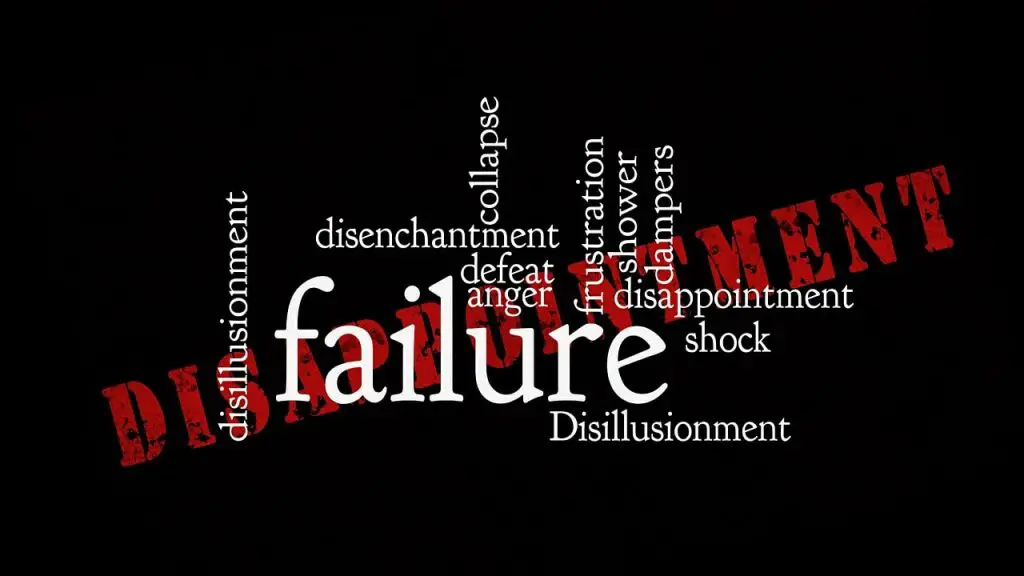
Once we achieve a success or are faced with a failure, we often assume this to be the end of something when in reality, it’s merely a stepping stone to the next process in our lives. No matter the differences between success and failure, or the usefulness of failure, it’s still a hard thing to accept and deal with. People who are ultimately successes have developed and can use three key tools in their arsenal.
- A Growth Mindset
- Resilience
- Psychological Flexibility
Having a growth mindset means having a thirst for knowledge. Unfortunately, many great minds reach a point, and then plateau after one or two great achievements. This happens because when we achieve a great success in our lives, we lose our motivation to keep climbing higher, unless of course something else is motivating us. That extra motivation is a growth mindset. You can be the leading mind in your field of study or expertise, but one thing that is constant is change. If you become the leader of your field, but then stop searching for new growth, knowledge, or understanding, you become stuck in one spot.
Your successes will always be yours, but without a growth mindset, you will not achieve any new successes to add to your story. A growth mindset is what ultimately allows you to face a failure, then grow that into a new success.
Resilience is the ability to deal with stress in a positive and healthy way. Those who are resilient have built up and sharpened this important life skill and are able to walk into a high-pressure situation with confidence.
Stress and pressure always have a physiological and psychological effect, but resilience is the weapon which guards us against defaulting to a negative mindset because of stress (Mayo Clinic, 2018).
Psychological Flexibility is the ability to adapt your behaviors to match the demands of a constantly changing world. It’s the ability to see the needed change and accept this as a part of growth and evolution in our lives.
Change Your Relationship With Failure
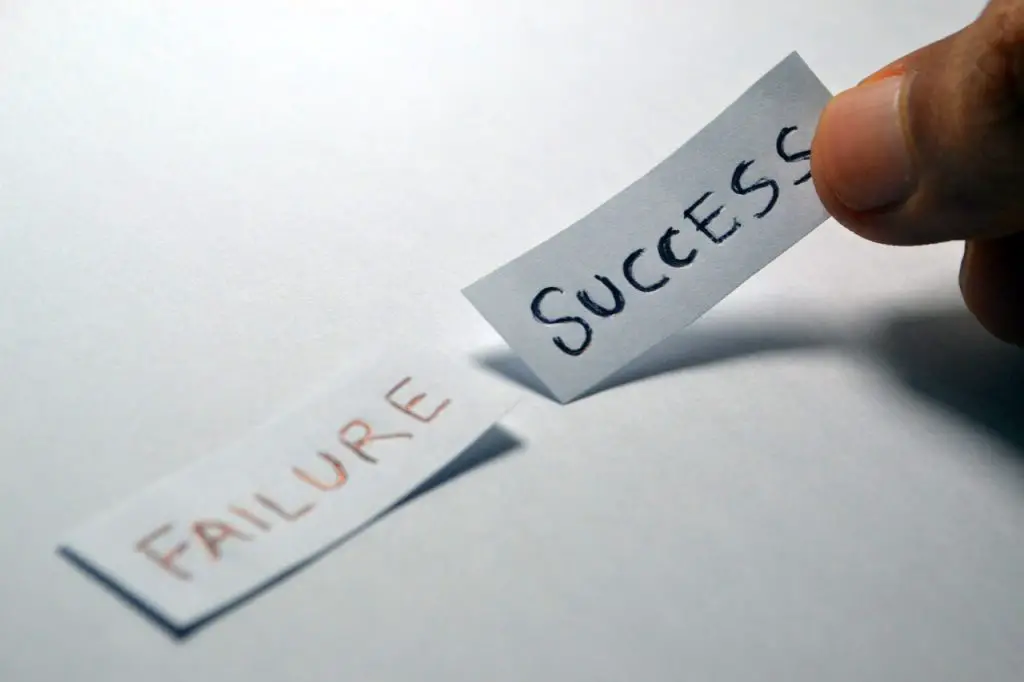
What makes failure so scary, beyond our sociological conditioning, is ultimately fear. What many see as wasted time and talent because the end result was failure, those without this fear of failing are able to turn into life lessons, reframe that failure as a stepping stone rather than a road block, and change their behavior so that the errors are not repeated, and a setback created.
As natural as failure is, and as necessary as it is to our very survival it should be easier to accept as a part of life. However, this is
not always the case. The ability to overcome the debilitating fear of failure, or failure itself, is reliant on our ability to create a positive working relationship with this key component of growth in the same way we’ve developed a relationship with our successes.
Allowing a maladaptive, soul-sucking negative relationship with failure to form and continue is not only draining psychological and physically, it also prevents you from creating a positive relationship with your successes as well.
Work on developing your relationship with failure.
- Don’t make it personal
- Change your perspective
- Learn, adapt, grow
- Move on
Don’t Make It Personal
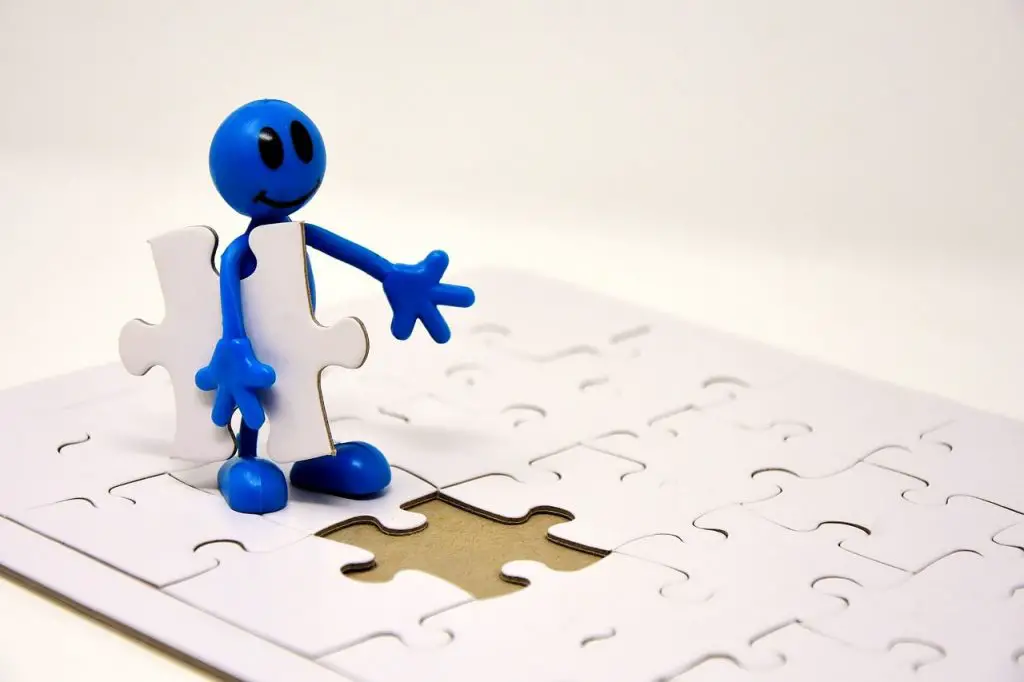
Our successes and failures, believe it or not, do not define us unless and until we allow them to. Take a look at someone close to you; someone you truly care about. What is the one thing about that person that is most important to you where your relationship with them is concerned?
If it’s a healthy relationship, that valuable thing will be something difficult to measure. It’ll be their tenacity, drive, love of something, or desire for a shared interest. The value in your
relationship with that person will likely not be directly related to their most recent monetary success, or that first place medal they got in the Spartan Beast. What we find most valuable in the relationships we value the most is something more focused on why that significant other placed first: Their drive, tenacity, resilience, love for what they working to achieve, etc. How close is this for you?
When you fail, rather than using that immediate failure as an abacus to measure your self-worth, talent, or drive use it as a teachable moment. Find a way to learn from it, grow from it, and create a new opportunity from it. A success or failure does not become intrinsically linked to your identity until you make it do exactly that.
If you dwell on your failure, rather than work to move on, you’re going to wear that failure, and it will eventually wear you down. This only serves to shred your self-esteem, confidence, and resilience. When this happens, you’ve allowed your failures to define you, and you’ve surrendered all of your personal power. This is that something beyond failure that we just don’t really have a word for.
You are a whole person made up of a million parts. Failure is not one of those parts. Separate your failure from your identity. For that matter, separate your successes as well. Success and failure may be part of your story, and part of your learning experience, but they are not part of your identity.
Change Your Perspective
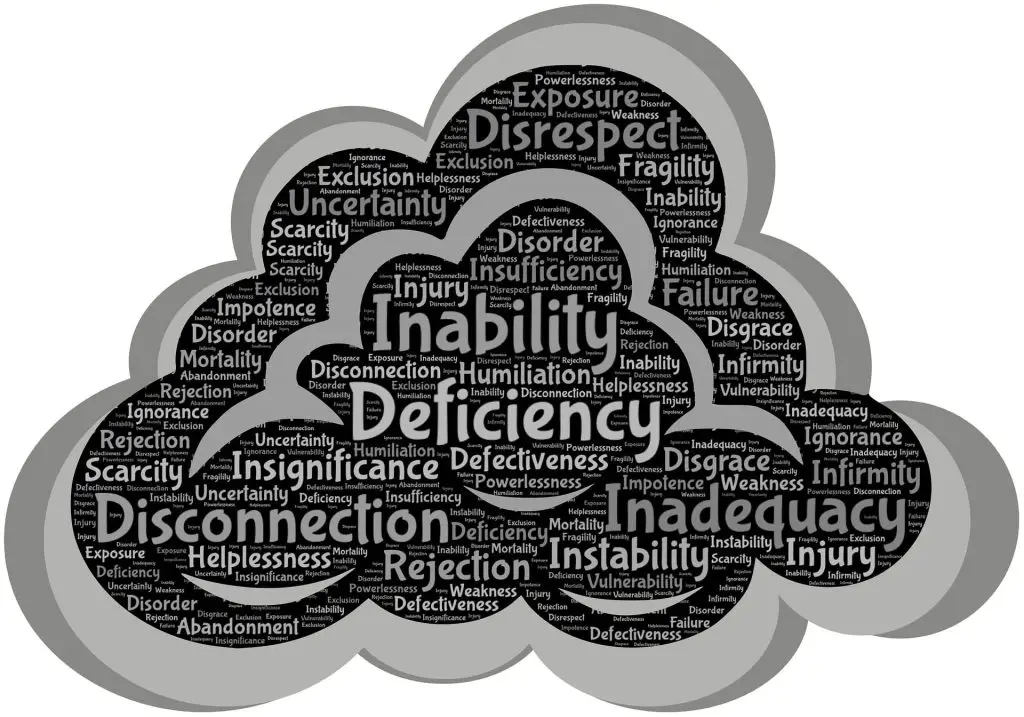
As previously mentioned, our society has so intrinsically linked failure with a negative end or the creation and use of wasted time and effort. It’s time to shift that belief system to adopt a more naturally correct mindset and perspective: Failure is part of adapting to growth and evolution.
Again, a decent look through any history book will yield multiple examples of our greatest minds, and influencers. Not a single one of them lacks a great failure story.
Abraham Lincoln, the man who eventually delivered the Gettysburg Address, ran for office several times and failed. Yet, despite the negative power we hand over to failure, he eventually became our 16th President, preserved our Union through our country’s civil war, and signed the Emancipation Proclomation.
Granted, he was assassinated, and that story is a memorable one that sits in the minds of all Americans generations later, but his legacy remains to be his largest success. It’s a legacy that would not have been possible without his numerous failures early in life.
Thomas Edison, the inventor of the lightbulb, is known for his quote: “I’ve not failed. I’ve just found 10,000 ways that won’t work.” and “many of life’s failures are people who did not realize how close they were to success when they gave up.”
He’s one of the greatest minds our national history has to offer, and yet he failed 10,000 times in creating something that most of us take for granted today.
The Wright Brothers spent several years working to develop aircraft prototypes. They failed many times before they eventually took their first flights on December 17, 1903 at Kitty Hawk- a fact many North Carolinians are superbly proud of. This success would not have come about without the failures showing them what does not work.
Sam Walton- the guy who gave us Wal-Mart, nearly didn’t. His first Wal-Mart store in Rogers Arkansas still stands today, though that wasn’t his first store front.
Walton’s first store was a Ben Franklin variety store in the little-known town of Newport, Arkansas- barely over a 4 hour drive away with today’s highways and vehicle capabilities. The store was a franchise of Butler Brothers, and provided Sam Walton the time he needed to learn and implement many of the policies he would eventually put into Wal-Mart.
After a growing sales volume which tripled in just three years caught the attention of his landlord, P.K. Holmes (the landlord) refused to renew Walton’s lease for the store. Holmes wanted to reclaim the franchise rights for his son after Walton had built it up.
Walton’s success could have led to his complete downfall. Instead, he saw this potentially hazardous failure for what it ultimately was: An opportunity to adapt and grow. Furthermore, he never publicly begrudged Holmes for forcing him out of a business he’d built up- probably because it encouraged him to move on and create something all his own.
Nikola Tesla, inventor of the Alternating Current Induction Motor, foresaw the ability of wireless communication in the 1890’s- a time when long-distance communication by wire was still nearly a fantasy to most people. His ability to see beyond what was possible in his lifetime led him to multiple inventions, patents, failures, and successes.
It doesn’t matter if you’re staring failure in the face, or watching it in the rear-view, your perspective on its purpose in your life is going to do one of two things: trip you or boost you up.
Learn, Adapt, Grow
Are your failures going to help you grow or weigh you down?
Believe it or not, this is a choice, and it’s completely up to you. Some things are out of our control, but we still have to take responsibility for how our failures affect us.
If you’ve met failure, or recently fallen flat on your face, accept the fact that your effort so far, needs improvement. This doesn’t mean that you allow your inner voice to start tearing you down. Acknowledge that you’ve failed to meet with success and take stock in that.
Step out of yourself so that you can do this without that feeling that this is personal: Because it’s not personal. Take a look at your actions and the results analytically with curiosity.
Silence that inner voice yelling blame in your head and ask yourself a few questions.
- Why did I fail?
- What other factors did I consider before landing on my choice of action>
- Were there any options or factors that I missed?
- Was the failure completely within my realm of control?
- What did I learn from all of this?
- What’s the moral of the story here?
- What can I change next time?
Answer these questions without judgment. Just answer them and analyze your answers. Find a way to apply them someway in your life and activities going forward so that you develop a healthy pattern of learning from your mistakes.
Look Inward For Approval And Gratification
It’s time to consider why you’re so afraid of failure.
- Is it because you’re afraid of growth, and development?
- Are you afraid of developing your resilience as a life skill?
- Is it because of how you’re afraid to look in the eyes of others?

When it comes down to it, the only reason to see failure as a negative thing, rather than an integral part of our growth and ultimate success, is because we’re often afraid of how we will be perceived. Many times, we find ourselves scared that if we fail, we will be judged, or that we’ll lose the hard won respect of others. This is unfortunate, but like failure, is also necessary.
Accepting failure is just as important as accepting the fact that your life is a separate entity from the lives of the people who you are afraid to be judged by. Allowing yourself to be afraid of others, what they might think about your failed efforts, or what they might think about you is a surrender of your personal power.
Worrying what other people think about you is a pointless and wasteful activity because there’s no growth from this. Learning to accept your failure as a necessary part of growth is far easier said than done, but often, is really is just that simple if you allow it to be. Your life is your own, which means that the value of your life should not rely on the approval and gratification of others. Only you can decide the value of your life.
Move On

With any failure comes the need to assess your past actions, but that does not mean that you need to spend time dwelling on the past. Successfully performing in stressful situations requires being able to see the problem for what it is, and then focusing on what’s next rather than the problem itself.
Ultimately, failure becomes a problem to be solved. You see the problem in front of you, then ask yourself what the next step is.
Don’t obsess over past failures. Asses them and move on. Otherwise you end up punishing yourself unfairly and keeping yourself in a loop of negative self-indulgence over feeding your pessimism. This isn’t healthy. No matter how heavy our desire is for time travel, we absolutely cannot change our past. We can only shape or futures. The only way to do this is to move on from the problem of failure in front of us and complete the next step in the equation.
Build On An Existing Relationship

You already have a relationship with failure, a good one. You just don’t see it quite yet.
Success and Failure are intrinsically linked. There’s no mistaking that. However, like all complexities of this world that we’ve labeled and organized, we have it a bit wrong on the surface. Success and Failure are often considered opposites of each other, but they’re not.
It is true that how each makes us feel is opposite, so we tend to see them as opposites. Success brings about a sense of joy and accomplishment whereas failure tends to raise up stress and anxiety, as well as uncertainty about failure.
However, if Sam Walton had failed to keep his first success in perspective when his landlord refused to renew his lease in Newport, Arkansas, he may have failed in his endeavors for the now famous Wal-Mart brand. Success can have the power to bring about eventual failures, just as failure has the ability to teach us a new lesson we need to learn before we can succeed.
So, you already have a relationship with failure that you didn’t know about, you just recognize it by a different name and feeling. Where success brings us that immediate gratification, we need to keep up our self-esteem and confidence, only failure can bring about the lessons in life that we need in order to build up a foundation on which to build up our self-esteem and confidence.
In this way, success and failure, while defined as antonyms, are co-dependent upon each other within our lives.
Just like Edison, Lincoln, Tesla, Walton, and the Wright Brothers, the effect failure is going to have on your life is going to come down to your ability to learn from your mistakes, adapt your behaviors to match, and grow from the experience. It’s up to you to take responsibility for how you allow failures to affect you and your future.
The fittest for survival are ultimately those of us who are able to feel the pain of our failures, then move on to ask, “What’s next?” Those who fall and never rise from their failures are the epitome of what our society has turned failure into. Those who fail 10,000 times, who are mocked and laughed at for those 10,000 failures, who are considered failures by the rest of their community, but who continue working and learning from their mistakes are the ones that survive and thrive. These are the people who make history, and we know this because we know their stories generations later.
It takes failure to create a success and a legacy, but it takes a good relationship with failure to understand the role of failure within our lives, how it can help us, and how we can use it to be those historic figures we look to in awe.
Download Checklists and Workbook (PDF)
Below you can download free checklist and workbook to support your endeavour to improve your personal power:
1| 40 Action Steps To Increase Your Personal Power – Download Checklist (PDF)
2| 20 Habits That Support And Grow Your Personal Power – Download Checklist (PDF)
3| Develop Your Personal Power – Download Workbook (PDF)




